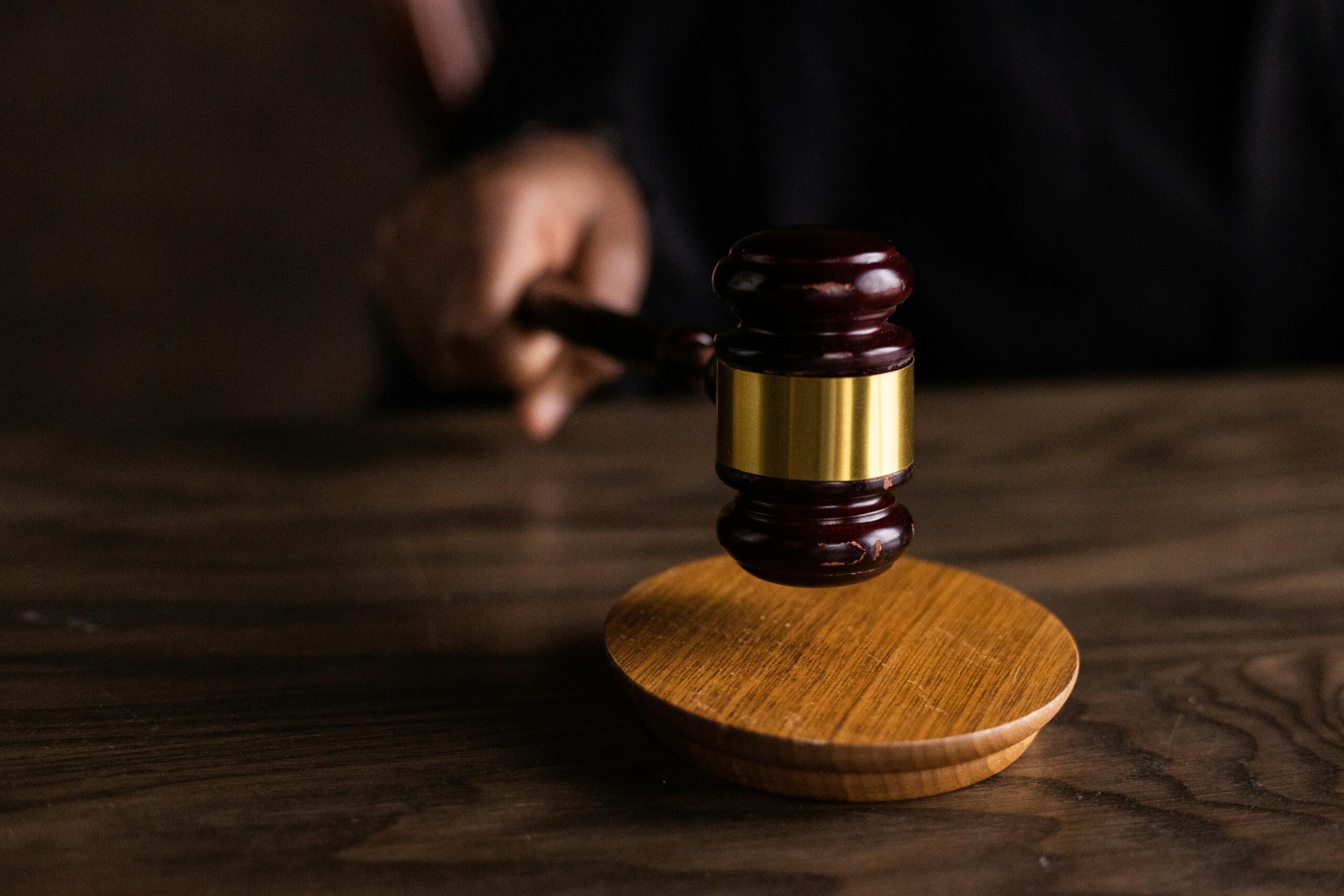- Home
- About The Firm
- Practice Areas
- Areas Served
- Resources
- Blog
- Contact Us


The prohibitions around trademark infringement, and the penalties for these violations, are codified in the federal trademark statute known as the Lanham Act. This Act also prohibits an individual or entity from providing products to a third party if they know the latter is participating in trademark infringement. This concept is known as contributory trademark infringement.
A person or entity who facilitates or supports a directly infringing act could face secondary liability for trademark infringement. It is this issue of contributory trademark infringement that was put before the U.S. Court of Appeals for the Ninth Circuit in the summer of 2023 in a much-watched case involving Brandy Melville and Redbubble.
Brandy Melville is an Italian apparel retailer whose target audience is primarily young women. Redbubble is an online-only global marketplace headquartered in Australia that provides a hub for independent creators to release their artwork through print-on-demand products.
Users can pick a specific print-on-demand design they like, order it, and the product is printed and shipped by one of several third-party entities that fulfill Redbubble orders. This means that instead of Redbubble storing products in warehouses, items sold on the platform are custom made and printed by manufacturers as ordered. And because the platform is geared towards independent artists, just about anyone can upload a design to sell on the platform.
Brandy Melville detected multiple instances where Redbubble was allegedly featuring designs that resembled the Italian’s retailer’s trademarks. They sent notice of the infringing trademarks to Redbubble back in 2018. At the time, Redbubble took down those listings, while also asking Brandy Melville to inform them of any other potentially infringing listings. The next day, the retailer detected additional infringing listings and sent notice to remove them.
Fast forward to 2019, and Brandy Melville officially filed a lawsuit against Redbubble citing trademark infringement and other related claims. The district court entered a summary judgment for multiple issues raised by Redbubble. However, several other key points at issue proceeded to trial, specifically the allegations of counterfeiting and contributory infringement.
At trial, Redbubble was found liable for contributory infringement and willful contributory counterfeiting of the Lightning Mark and Heart Mark. The district court also found Redbubble liable for contributory infringement of multiple unregistered Brandy Melville trademarks. The print-on-demand marketplace had filed motion for judgment as a matter of law regarding the Heart Mark contributory counterfeiting claim.
Meanwhile, Brandy Melville sought a permanent injunction, as well as prejudgment interest and attorneys’ fees, all three of which were rejected. Brandy Melville filed an appeal for all three denials, as well as against the district court’s decision to enter a judgment as a matter of law regarding the Heart Mark contributory counterfeiting claim.
Redbubble had also previously requested and was denied judgment for the contributory infringement claims. It appealed this ruling, the district court’s finding of contributory infringement, and the willful contributory counterfeiting of the LA Lightning trademark. The case then proceeded to U.S. Court of Appeals for the Ninth Circuit.
Redbubble asserted the district court used a faulty basis for its finding that contributory liability applied under the Lanham Act, which not only prohibits direct trademark infringement but also bars providing products to a third party if they know the latter is participating in infringement. In the past, the Ninth Circuit has found that a party having reason to know trademark infringement was occurring would show they were willfully blind to the infringing act.
Brandy Melville asserted that if a party has a general understanding that infringement is happening, they should take reasonable steps to remedy the issue. Redbubble asserted that to meet the willful blindness test, a party must have specific knowledge of the infringement. The Ninth Circuit determined that for the willful blindness standard of contributory trademark liability to apply, there must be actual or specific knowledge concerning infringement.
The Ninth Circuit vacated the district court’s decision and sent the case back for reconsideration based on this standard. In January 2024, Brandy Melville asked the U.S. Supreme Court to review the Ninth Circuit’s determination that specific knowledge is required to impose liability for trademark infringement.
As to Brandy Melville’s appeal of the district court’s decision, the Ninth Circuit also vacated this ruling and sent it back for reconsideration. The basis for the district court’s original decision was that Brandy Melville had failed to provide actual matches of its products to the allegedly counterfeit ones. However, the Ninth Circuit determined that the district court had not correctly applied the Lanham Act in this case, as it does not require the alleged counterfeit products to be a precise match to the real ones. Rather, the Act emphasizes whether the goods could cause consumer confusion.
If you operate a business, you might be wondering how you can protect yourself if you believe your intellectual property is being infringed, or you face accusations of alleged infringement. Importantly, under this recent ruling, knowledge of specifics acts of infringement or perpetrators of infringement is required to be considered willfully blind.
Still, there are multiple steps you can take to preserve your business interests and make sure that you are not left vulnerable to potential legal issues. If you have questions about safeguarding your intellectual property or fighting back against infringement allegations, give our office a call today and speak with an experienced trademark attorney about your case.